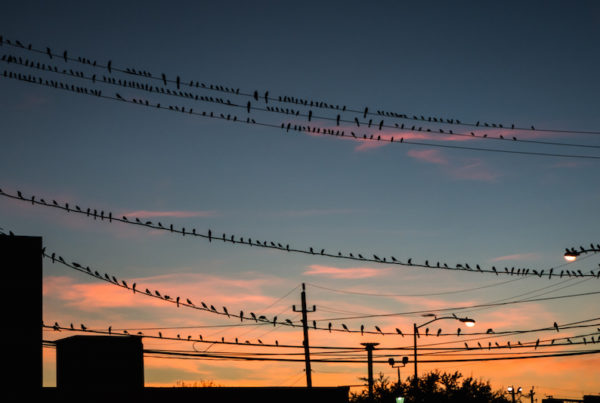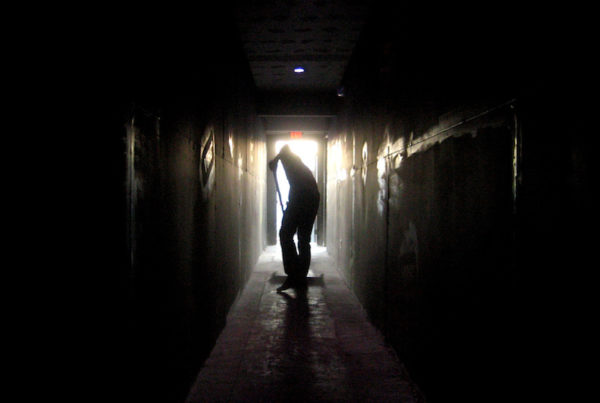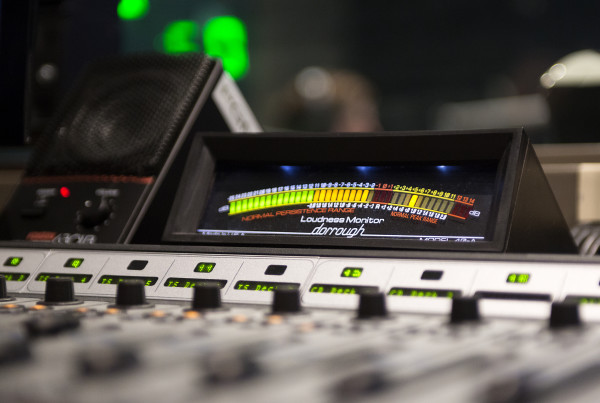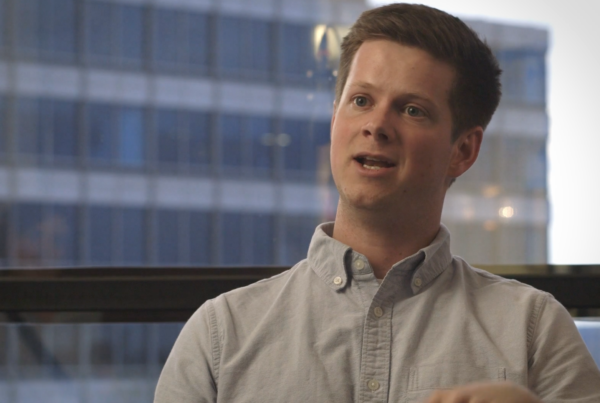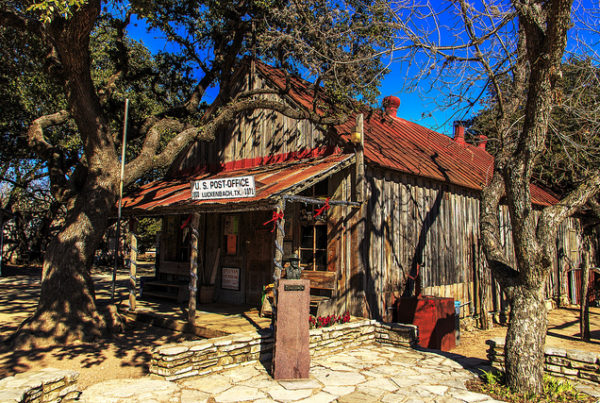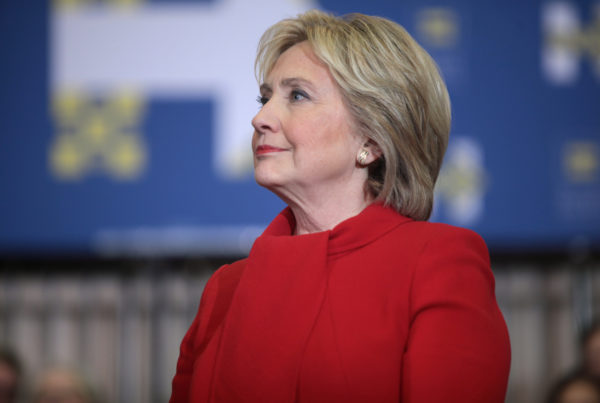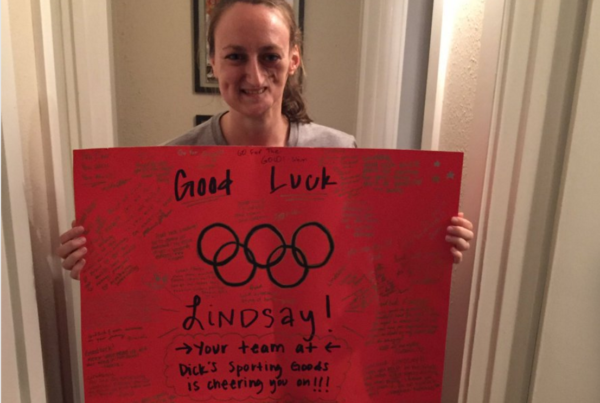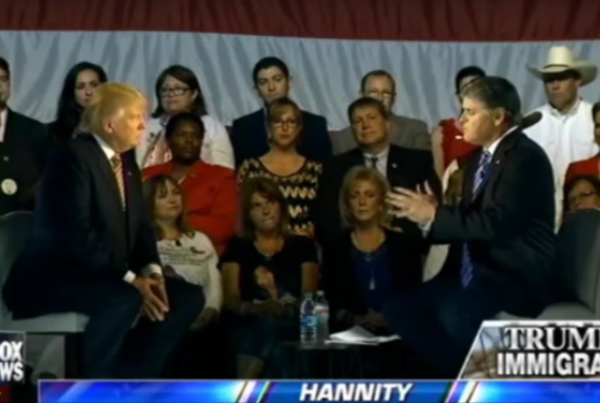What to make of recent polls – especially the Washington Post survey that showed Clinton ahead of Trump in the reddest of red states?
Daron Shaw, a government professor at the University of Texas at Austin, wrote “The Race to 270” on the electoral college and how it influences campaign strategy.
Shaw says he gets nervous when outside entities reconfigure polls in a way that they think fits with reality.
“My main problem is that it tends to involve a lot of backward reasoning,” he says, “which is – we don’t like the result, therefore there must be something wrong with the internals. People become methodological experts when they find something that they don’t like.”
What you’ll hear in this segment:
– How an entity’s assumption of the racial and class makeup of the electorate this fall can influence how they poll
– Why election polls in the U.S. have been accurate and why polling is increasingly more difficult
– What Shaw looks for when he assesses a poll’s numbers




